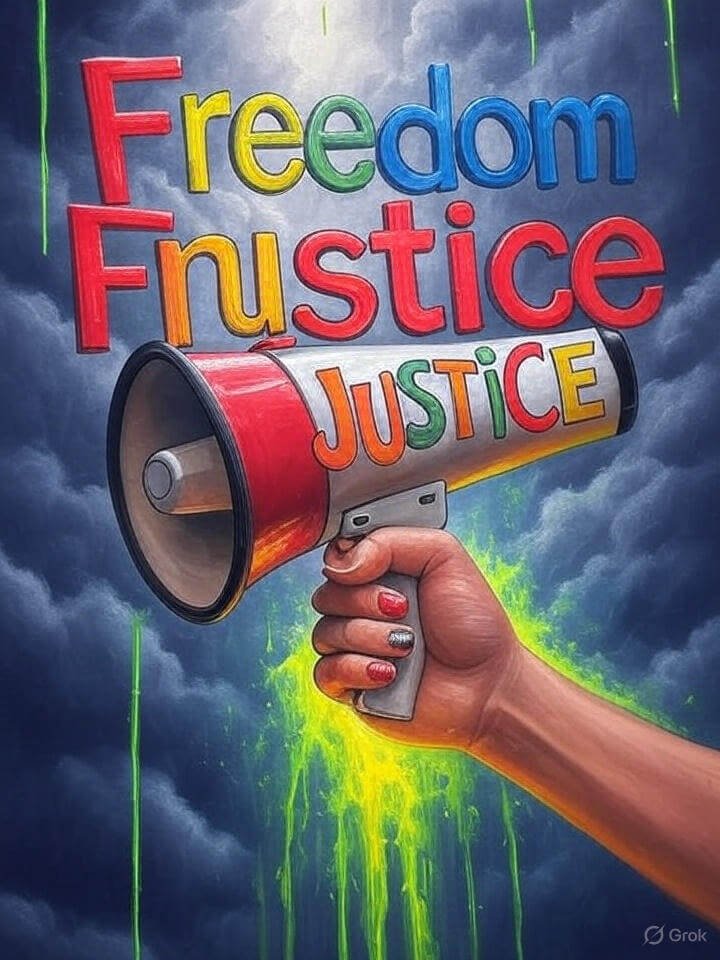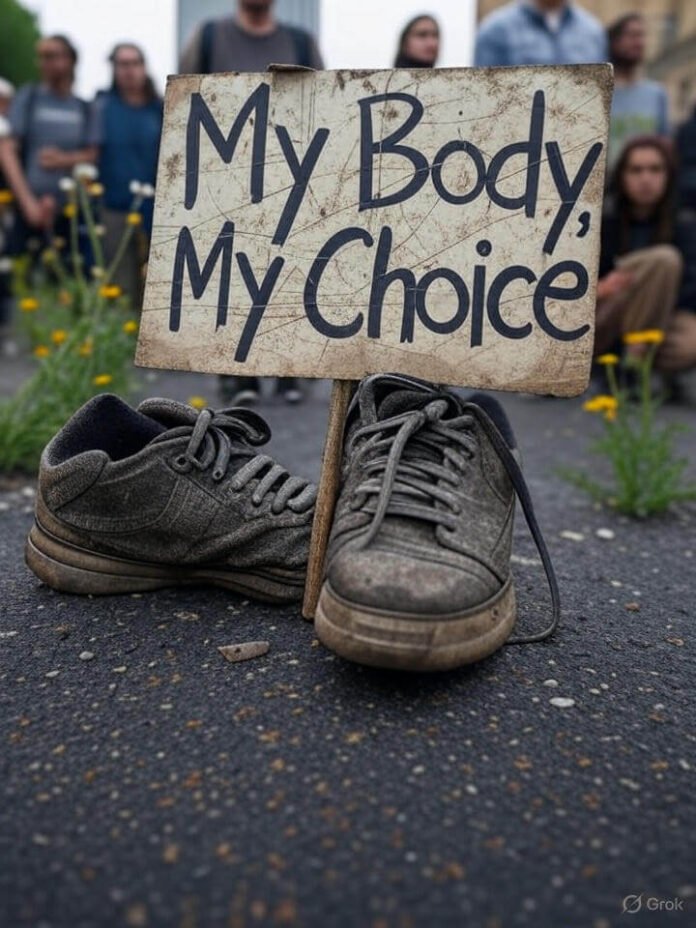Reproductive justice hit me like a ton of bricks, and it’s way more than just getting a doctor’s visit or popping a pill. I’m sprawled in my cramped Brooklyn apartment, the radiator clanking like it’s auditioning for a horror movie, and I’m thinking about how I totally botched explaining this to my buddy at a coffee shop last week. Spilled my latte all over my jeans, mid-rant, looking like a total doofus. It’s not just healthcare—it’s about who gets to decide what happens to their body, and how that’s all tangled up with race, money, and power. Like, it’s a whole mess, and I’m still figuring it out. Let’s unpack why reproductive justice has me all riled up.
Why Reproductive Justice Feels Like My Fight Too
Reproductive justice is personal, okay? Like, I’m still kicking myself for not getting it sooner. Last spring, I was at this rally in D.C., holding a sign that said “Hands Off My Body,” my fingers numb from the cold, boots soaked through from slushy sidewalks. I felt like a poser because I barely knew what reproductive justice meant. Thought it was just about abortion or free condoms or whatever. Then this older woman next to me—she had this fierce vibe—told me about how her mom couldn’t get a tubal ligation without her husband’s okay back in the ‘70s. That blew my mind. It’s not just healthcare; it’s who controls you.
- Choice isn’t just about babies—it’s having a kid, not having one, or raising one without fear.
- Systems mess people up—like forced sterilizations or clinics being a million miles away.
- It’s all intersectional—race, class, gender, all of it shapes who gets to choose.
I left that rally feeling like a total newbie, but it stuck with me. Check out SisterSong for the real history—they’re the ones who coined the term.

It Ain’t Just About Clinics, Y’all
I used to think reproductive justice was all about getting to a doctor or affording Plan B. Like, I’d be on the subway, doom-scrolling X, seeing posts about abortion bans, and think, “Just build more clinics, duh.” So wrong. A couple months back, I was helping out at this community center in the Bronx, sorting baby clothes for a mutual aid thing. This woman, Carla, was telling me she couldn’t get to her OB-GYN ‘cause her job wouldn’t give her the day off without cutting her pay. And even if she could, who’s watching her kid? Reproductive justice means Carla shouldn’t have to pick between her health and her rent.
It’s bigger than medical stuff. It’s about:
- Safe places to live so you can raise a kid without stressing.
- Not having ICE snatch you up when you’re pregnant.
- Decent schools so your kid’s got a chance.
I’m sitting here, crunching on some questionable chips from my pantry, realizing how clueless I was. Reproductive justice is about the whole damn world.

My Big “Oh, Shit” Moment on Reproductive Equity
Alright, here’s where I get real. Last summer, I was at this block party in Brooklyn, sweating buckets, when I overheard some teens complaining about their school’s sex ed. It was basically “don’t do it” and nothing else. I was like, “For real? In 2025?” It took me back to my own high school in Ohio, where our sex ed was a blurry VHS and a teacher who couldn’t say “vagina” without turning red. I realized reproductive justice means kids deserve to know their options, not just get a lecture on abstinence. I felt like a hypocrite for not questioning my own crap education sooner.
I went home, tripped over my cat’s toy, and started reading. Found BlackRJ, which breaks down how reproductive justice is about three things: the right to have a kid, not have one, and parent in a safe place. I was pacing, muttering to myself like a weirdo, thinking, “How did I miss this?”
Some Tips From My Clumsy-Ass Journey
I’m no guru, but here’s what I’d tell my dorky self from last year:
- Listen to the pros—SisterSong and BlackRJ know what’s up.
- Show up, even if you’re nervous. My first rally? I was a mess, but it mattered.
- Talk about it, even if you sound dumb. That coffee shop fail got my friend curious, so win?

Wrapping Up My Reproductive Justice Ramble
Okay, I’m slumped on my couch, radiator finally shut up, and I’m just gonna say it: reproductive justice is a lot. It’s not just healthcare—it’s about who gets to live free. I’ve fucked up plenty, from my latte-soaked jeans to my dumb assumptions, but I’m trying. If you’re reading this, maybe you’re trying too. Wanna keep talking? Hop on X, share your stories, or hit up reprojustice.org. Let’s keep pushing for a world where everybody gets to choose.
Outbound Links:-



































